
In one of the most aggressive actions against the independent press in Nicaragua, the country's public prosecutor, close to the administration of President Daniel Ortega, has called at least 16 journalists from the country as witnesses or has named them among those investigated in a case of alleged money laundering.
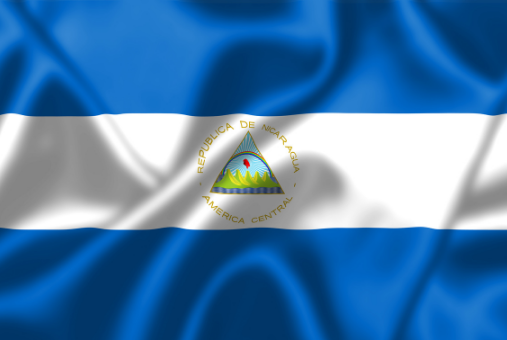
In a new assault on the Nicaraguan press, this May 20 the government of Daniel Ortega raided for the second time the editorial office of magazine Confidencial, founded by journalist Carlos Fernando Chamorro, at the same time that it arrested different international journalists who they covered the incident. A cameraman for the media outlet remains missing.
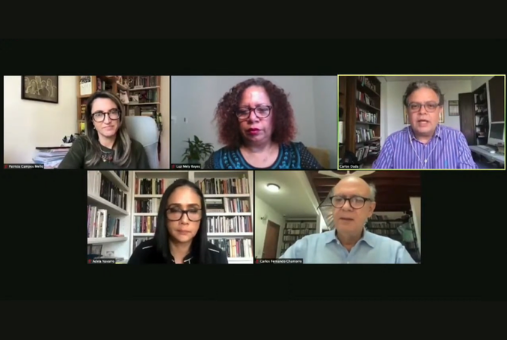
Government harassment against journalists has become a trend in Latin American countries, with leaders often using the strength of state institutions, such as the judiciary and police, to discredit and even silence the press.
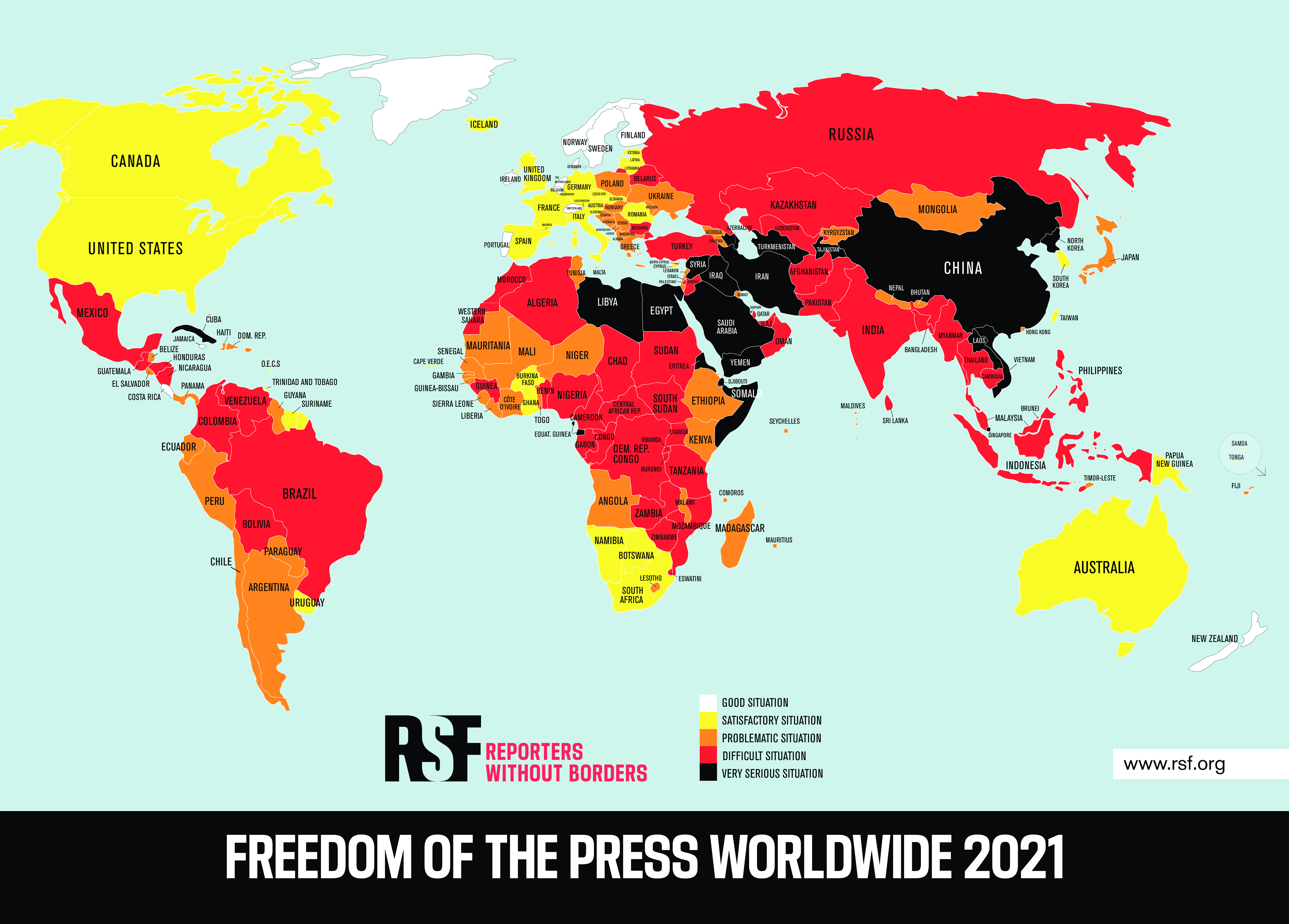
The global press freedom ranking by NGO Reporters Without Borders (RSF) confirmed a perceived trend in Latin America: a general worsening of conditions for the exercise of journalism on the continent. Of the 24 countries in the region analyzed, 19 lost points in the RSF survey.
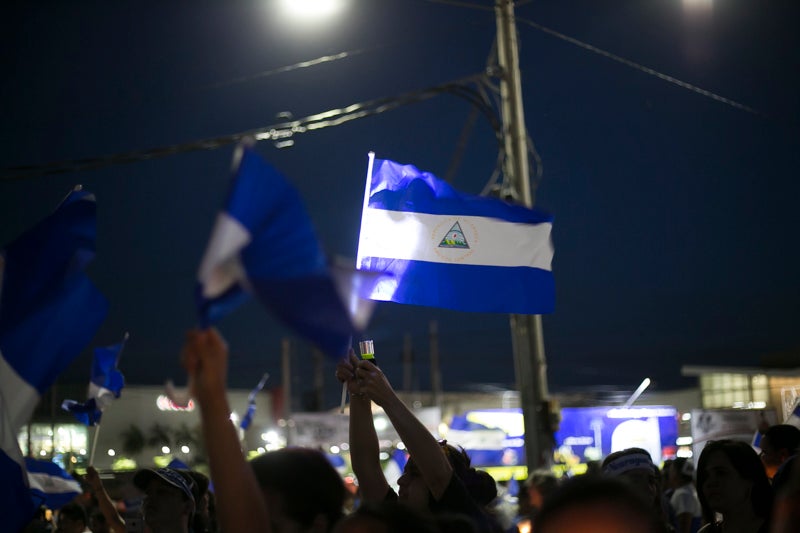
The demonstrations are a milestone in the country, because, after them, the Nicaraguan regime and supporters of the governing party, the Sandinista National Liberation Front, turned against the press and opponents.
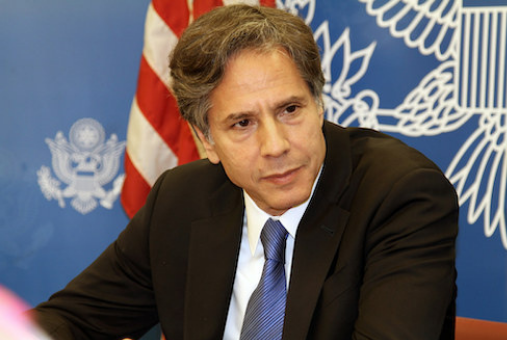
Governments of several Latin American countries have struck back after the U.S. State Department released its report on human rights practices around the world, including comments regarding freedoms of expression and of the press. However, the annual reports, which are now in their 45th edition, are welcomed by press freedom and journalism groups in nations […]
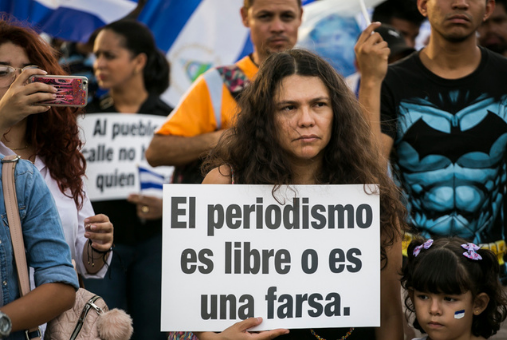
In solidarity with the independent journalists who continue to report, investigate and inform Nicaraguan society, 470 journalists from 40 countries signed a letter against repression from the government.
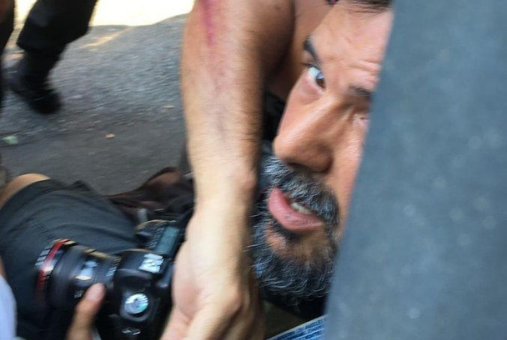
In their mission to document the events, many photojournalists in Latin America suffer attacks or arrests by the police.
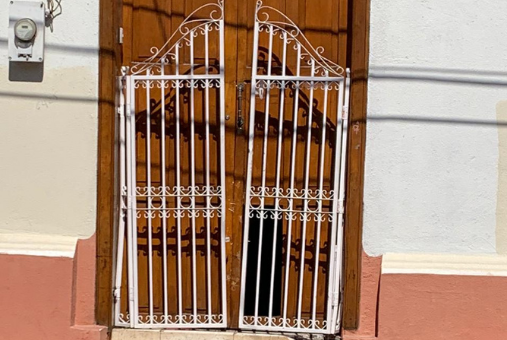
The government of Daniel Ortega intensified repression against the critical press through the police and the justice system. In 2020 there were daily attacks against freedom of expression, and 2021 opened with raids on the home of journalist Anibal Toruño.

Survey of laws and bills that curb and punish disinformation and fake news on the Internet shows growth in Latin American countries. Experts warn of the risk of censorship and self-censorship of journalists.
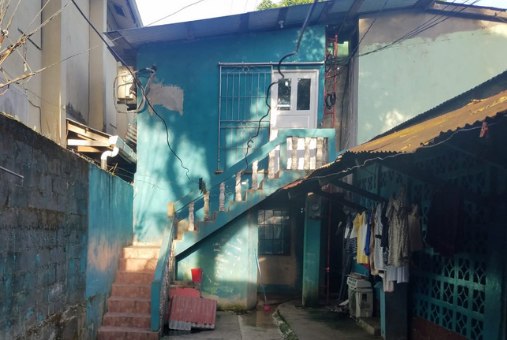
La Costeñísima is an example of how the independent press tries to survive in the country in the face of persecution by President Daniel Ortega's authoritarian regime

Between January and June of 2020, Voces del Sur, a Latin American initiative, registered 630 aggressions against the press in the region. These went on the rise or worsened after governments issued a health emergency.